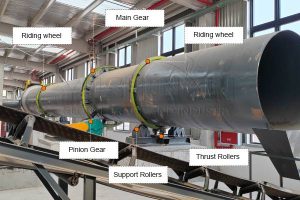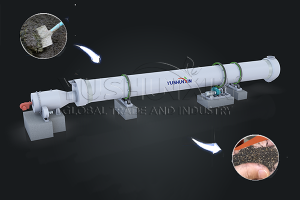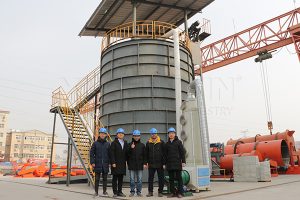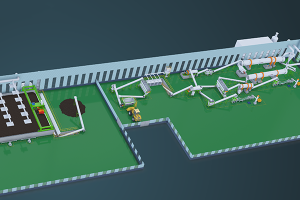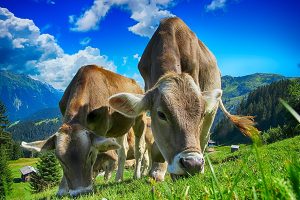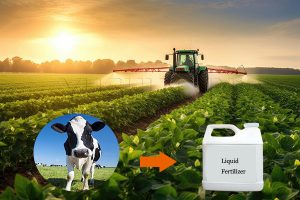In the cycle of organic waste management, the transformation of manure waste into compost represents a pivotal step towards sustainability. Manure, while initially considered a byproduct of livestock farming, holds immense potential as fertilizer to supply nutrients to soils. However, because of high moisture, you can not make one ton of compost from one ton of manure waste. Then, how many compost make from 1 ton of organic waste? It is influenced by various factors, including the type of manure, the composting methodology, and the environmental conditions.
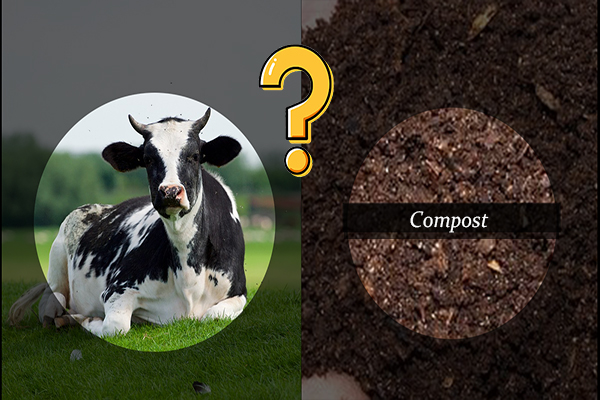
Why we cannot produce 1 ton of compost from 1 ton of organic waste?
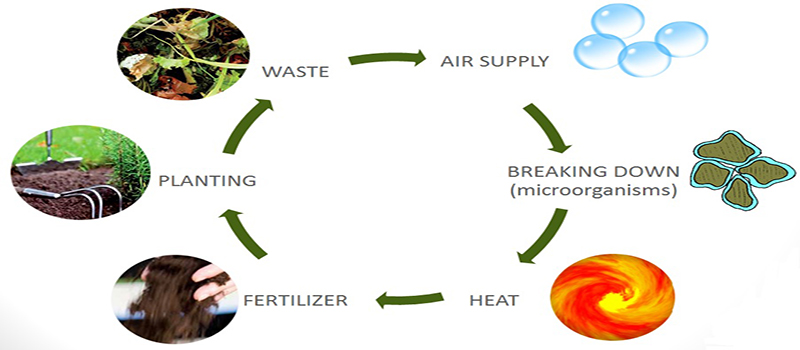
Composting is a natural process that breaks down organic materials into a nutrient-rich soil conditioner. The expedition of this process relies on the activity of microorganisms that decompose the organic matter in the presence of oxygen. Manure waste, being rich in organic matter, is an excellent candidate for composting. Yet, the activity of microorganisms for organic waste composting also need to consume water. In addition, its generated heat will evaporate water while kill the harmful substances in manure. Therefore, the output of compost is less than manure material.
What is the output ratio of organic waste to compost fertilizer?
Conservatively, the composting process can result in a 40% to 60% reduction in the initial weight of the manure waste. This reduction is primarily due to the loss of moisture and the breakdown of organic matter. Therefore, from one ton (approximately 907 kilograms) of manure waste, one can expect to yield between 360 to 544 kilograms of compost under typical conditions. The organic manure to compost fertilizer ratio is about 3:1.
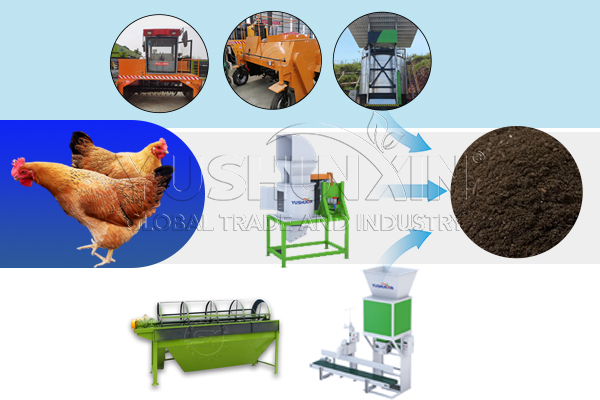
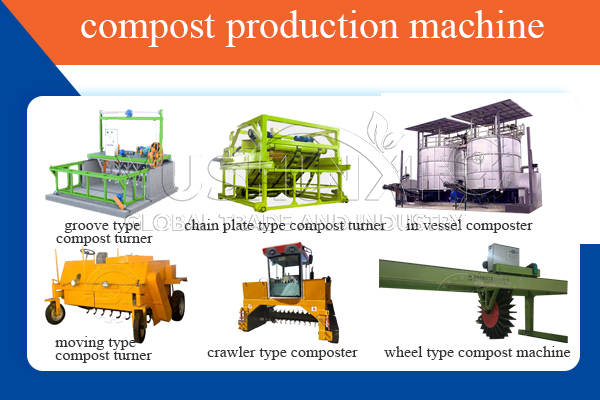
3 Factors Influencing Compost Making
Type of Manure
Different livestock produce manure with varying characteristics. For example, chicken manure is richer in nitrogen compared to cow manure, which has higher fiber content. These differences affect the composting process and the resulting volume of compost.
Composting Conditions
The efficiency of composting depends on maintaining optimal conditions such as a balanced carbon-to-nitrogen ratio, proper aeration, moisture, and temperature. Deviations from these conditions can either accelerate or delay the composting process of organic waste and affect the yield.
Addition of Bulking Agents
Often, manure is mixed with bulking agents like straw or wood chips to improve the structure of the composting pile and optimize air flow and moisture retention. These additions can alter the volume of the final compost product.
In conclusion, the conversion ratio of organic waste to compost fertilizer is 3:1. Namely, you can produce 360 to 544 kilograms of compost from 1 ton of organic waste. The precise compost output is depended on the material and moisture. After aerobic fermentation of manure, the moisture of compost material is about 30%. You can further making compost into pellets, there is various compost granulators for your choice.

